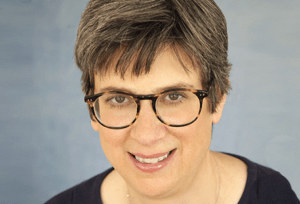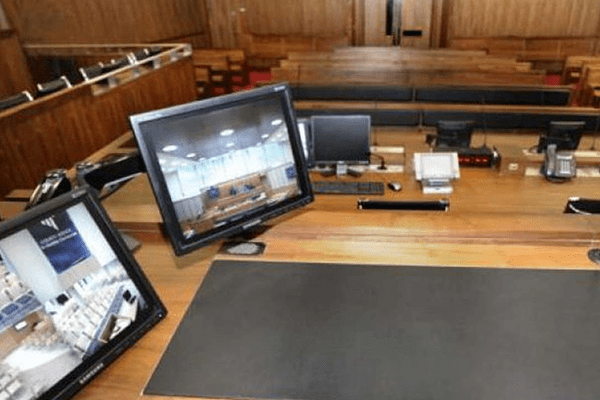|
RCBJ-Audible (Listen For Free)
|
Virtual Court Operations Are More Efficient Than The Pre-Pandemic Routine
By Judith Bachman
Just like every other aspect of life, the course of New York State civil lawsuits has been significantly disrupted by the pandemic. Ironically, though, some of the court changes necessitated by the virus have actually been for the better and, we hope, may even remain in place in a post pandemic world.
At the onset of the pandemic, New York State essentially shut down its courts for civil matters. On March 22, 2020, the State prohibited the commencement of new lawsuits and even halted the filing of papers in pending cases.
 As it became clear that the pandemic would be a long-lasting event, courts slowly began to adjust to the new reality. As of April 13, 2020, New York judges were directed to start working on pre-existing civil cases to the extent that they could resolve any of those matters. The then-existing prohibition on the filing of new civil lawsuits or other papers in pending cases remained in place.
As it became clear that the pandemic would be a long-lasting event, courts slowly began to adjust to the new reality. As of April 13, 2020, New York judges were directed to start working on pre-existing civil cases to the extent that they could resolve any of those matters. The then-existing prohibition on the filing of new civil lawsuits or other papers in pending cases remained in place.
On May 4, 2020, courts began to accept the filing of papers in matters that had been started prior to the pandemic; no new cases could be started, however. The courts also began to schedule video conferences on existing cases.
Finally, by July, all New York State courts started accepting filing of new cases. Judges and court personnel returned to working in person in court houses. To limit exposure of the virus to staff, however, all civil court appearances, except for trials, were, and continue to be, handled via video conferences with attorneys.
Lawyers everywhere have found the virtual court operations to be much more efficient than the pre-pandemic routine. It’s an efficiency on time, travel, and a relief from suits and pantyhose and heels.
Before the COVID inspired virtual court model, most New York judges would schedule cases on the court’s docket for a given date, to begin at exactly the same time. This meant that there could be a hundred lawyers on dozens of different cases all in the courtroom at the same time.
With a large group of cases and lawyers to be heard, it would often take hours to get through a day’s docket. This meant attorneys would be sitting waiting for the whole day to be heard, judges were overwhelmed, and court staff was frustrated by the pandemonium.
With video conferencing, cases are slotted in 15 or 30-minute increments at staggered times of a day. This means that judges, staff, and attorneys know exactly when a specific case will be heard and how long that hearing will last.
For the balance of the day, outside of that video conference slot, everyone can attend to other business. This efficiency, in turn, saves court resources and both the taxpayers and litigants money. If this virtual court model becomes a permanent fixture post pandemic – and we hope it does — it would be one of the few silver linings of the pandemic.
Judith Bachman is the founder and principal of The Bachman Law Firm PLLC in New City. judith@thebachmanlawfirm.com 845-639-3210, thebachmanlawfirm.com













